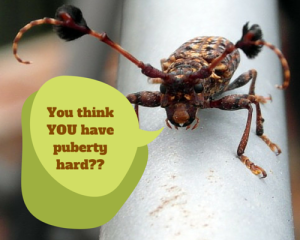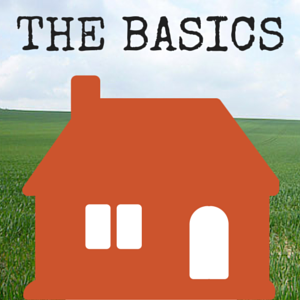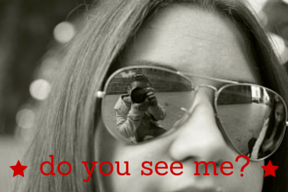 Continuing yesterday’s post from Chapter 8 (Problem Solving and Perception) from Changes, Changes, Changes, today I want to discuss a really fantastic lesson plan. It’s tailored perfectly for the young adolescent – it uses absurd silliness as an entry point for accessing a deeper conversation.
Continuing yesterday’s post from Chapter 8 (Problem Solving and Perception) from Changes, Changes, Changes, today I want to discuss a really fantastic lesson plan. It’s tailored perfectly for the young adolescent – it uses absurd silliness as an entry point for accessing a deeper conversation.
ADJUSTING TO CHANGES
Objectives:
By the end of this lesson, students will be able to:
1. Identify the feelings they have about experiencing a rapid physical change.
2. Formulate questions about specific physical changes that occur during puberty.
Rationale:
The process of going through puberty involves adjusting to rapid physical changes. These changes provoke emotional responses, such as feelings of embarrassment, concern about what other people think and general discomfort about that which is new and different. This lesson provides a format for examining the adjustment process in a manner that incorporates humor and active student participation. The humor is intended to make a very sensitive experience more comfortable.
The lesson simulates a rapid physical change and brings common concerns to a conscious level. It also works toward developing students’ abilities to ask questions about their changing bodies.
The activity in this lesson plan is for students to consider different ways that humans might experience puberty – if they were to grow antenna, a third eye, elephant ears, or something else that’s just plain funny. Beginning the conversation by processing silly, unrealistic changes like this rather than the actual changes that puberty brings opens up a space in the conversation. It’s an entry point, really, for teachers and young people alike.
“How do you think it would it feel to be the only person you knew who had already grown both of your antenna? Or how would it feel if your antenna grew one at a time – so you were awkwardly full grown on one side of your head, but still just budding on the other?”
This can lead into the more relevant questions like:
“How do you think it would feel to be the shortest person in your friend group? What about the tallest? Why would it matter or not matter?”
For more about this lesson, and loads of others, check out this CSE manual:






